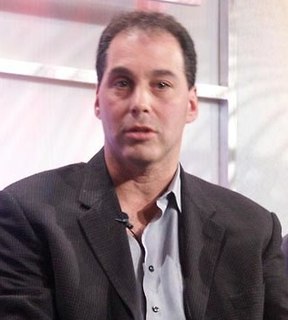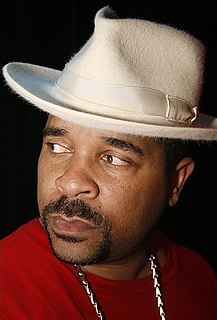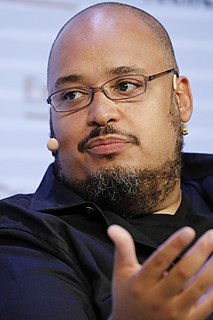A Quote by Anand Giridharadas
To spend time in Silicon Valley in a year of political upheaval is, on one level, soothing. It is pleasant to hear talk of wearables, walled gardens, and disruptive beverages in between updates about mass deportation.
Related Quotes
One of the great things about Silicon Valley is, irrespective of how competitive you might be with another company or how closely you might be working with that company, there's a great sort of give and take, and camaraderie from - between - some of the executives in the valley and some of the other investors in the valley.
I really knew almost nothing about Silicon Valley. I read that Steve Jobs book and watched a bunch of documentaries, and read the book about Mark Zuckerberg. I tried to learn some stuff, but there are consultants on the Silicon Valley show that know so much about it where you can get answers. To me, it's more important to get the particulars about that type of person as opposed to the specifics of the technology world.


































